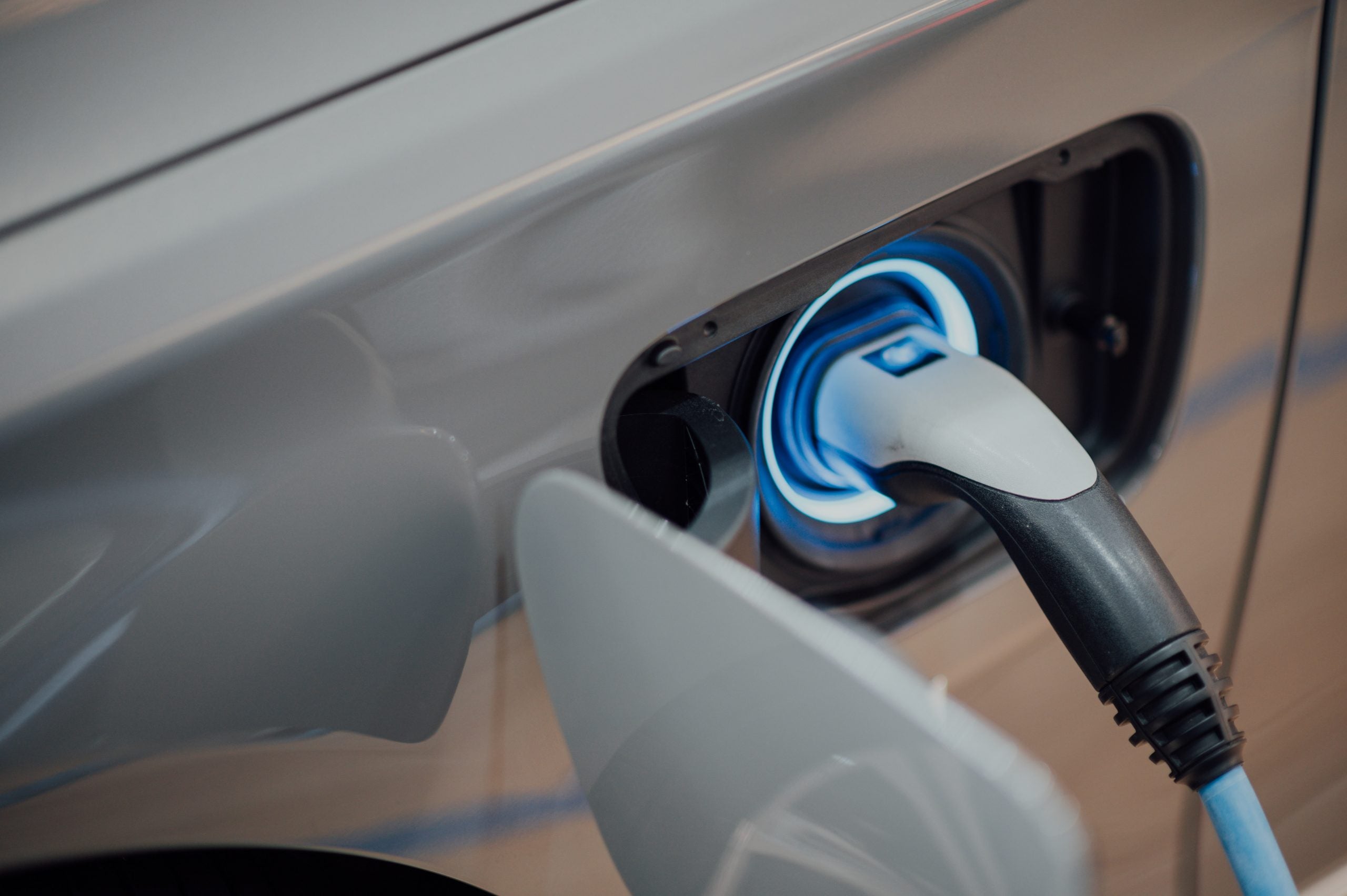
The current average retail price of a used car in March is £17,720[1], which is up 2.3% on a year-on-year (YoY) and like-for-like basis, according to the latest data from the AutoTrader Retail Price Index,
Increasing from the 1.3% YoY increase recorded in February, it marks the first acceleration in the rate of YoY price growth in 10 months, having gradually slowed from the all-time high of 32.2% YoY in April 2022.
At a month-on-month (MoM) level, March to date is up 0.7% on February’s average prices, marking the third consecutive[2] MoM increase after the typical seasonal slowdown over the festive period. It’s well ahead of the 0.1% MoM growth recorded in both March 2022 and 2021, as well as the pre-pandemic average contraction of -0.4% MoM recorded in March between 2011 and 2019.
This positive trajectory reflects the current health of the used car market, which has maintained momentum since the start of the new year, with growth recorded in consumer demand and sales. Indeed, on Auto Trader, the volume of cross-platform visits to its marketplace so far in March is up 20% YoY, following a 19% uplift in February, and 14% in January. Reassuringly, this growth in demand is translating into used car sales, which according to Auto Trader’s sales-proxy data[3], are currently up circa 6% YoY in March.
The speed at which cars are selling is another key indicator of market health. In March, used cars are selling on average every 28 days, which is slightly slower than the near-record 25 days in February, but matches March 2022, and is faster than pre-pandemic levels.[4]
AutoTrader’s Market Health metric was positive for the second consecutive month in February, increasing 22% YoY, fuelled by the imbalance of supply and demand in the market. Due to the ongoing squeeze in supply (-12% YoY), and the growth in demand (9% YoY), Market Health for March to date is up 24%. It’s this strong level of demand in the market, coupled with the ongoing shortfall in stock, which is not only fuelling used car price growth but is also supporting a healthy and profitable sales market.

Richard Walker, director of data and insights for AutoTrader, said: “As soon as we came out of the quiet festive period, we saw signs of a used car market in very robust health. The acceleration in the rate of price growth after 10 months of softening could not be a clearer barometer of the current market, which despite the wider economic and political backdrop, is going from strength to strength this year.
How well do you really know your competitors?
Access the most comprehensive Company Profiles on the market, powered by GlobalData. Save hours of research. Gain competitive edge.

Thank you!
Your download email will arrive shortly
Not ready to buy yet? Download a free sample
We are confident about the unique quality of our Company Profiles. However, we want you to make the most beneficial decision for your business, so we offer a free sample that you can download by submitting the below form
By GlobalData“Although growth rates may begin to soften again, with no immediate change expected in the current supply and demand dynamics, anyone predicting a fall in used car prices anytime soon will be disappointed.”
EV price drop continues
Despite the acceleration in YoY and MoM growth, average used car retail price growth is being held back by the ongoing contraction in used electric vehicle (EV) values (£33,060), which as of mid-March, are down -13% on the same period last year. In contrast, the average price of a used petrol (£16,102) and diesel (£16,236) car is up 4.3% and 2.4% respectively.
Auto Trader’s data, which is based on the broadest single view of electric vehicles in the market, shows that the drop in average used EV prices is the result of a huge overbalance of supply. Whereas traditionally fuelled vehicles are following the same trend in dynamics as the wider market, with the current supply of both used petrol and diesel cars down circa 20%[5] YoY, the rate of stock growth of used EVs has rocketed, with supply up a massive 261% YoY. And contrary to some reports that consumer interest in EVs is collapsing, on Auto Trader, levels of demand is currently up 47% on the same period last year.
The huge surge in supply is also evident at a more granular level. Since August, the iconic Nissan Leaf has seen stock levels increase by a massive 313%[6], whilst the supply of the Renault Zoe was up 235%, and the Tesla Model 3 was up 148%. This dramatic uptick is resulting in a significant softening in values – since September, one-year-old Model 3 prices have fallen around £8,000 and show no sign of slowing.
Walker added: “Despite some of the recent reports, it’s clear that consumer demand for EVs remains very robust, so it’s important that we correct the myth that consumers don’t want them and that they don’t work. With the sub-5-year-old EV parc expected to grow 62% this year, we’ll need to work together as an industry to change the narrative and we need to change it fast to avoid more than just a pothole on the road to 2030. Encouraging car buyers into used EVs through incentives, marketing and information to demystify them will be critical.”
NOTES
[1] Up to 18th March 20232 January MoM 0.2%, February MoM 0.3%.
3 Based on the volume of stock removed from AutoTrader in March.
4 Cars took an average of 29 days to sell in March 2019
5 Petrol supply down 19.1% YoY, diesel supply down 19.7% YoY
6 As of February 2023
Super Deduction is dead, long live Full Expensing







